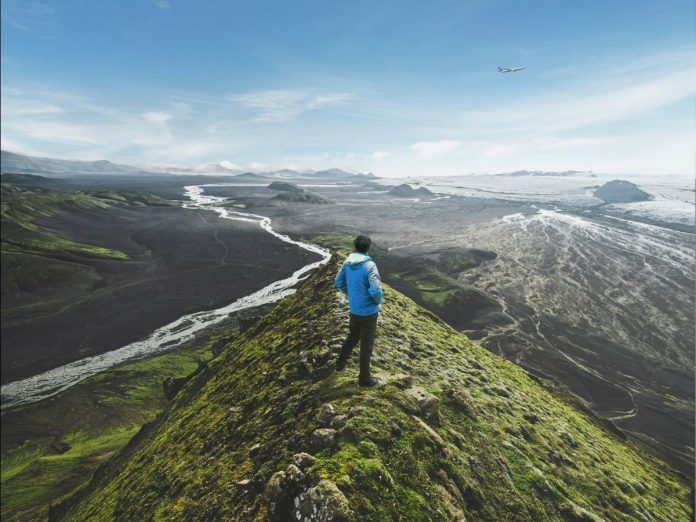Our summer holiday snaps might not only offer happy memories, but also rapid, low-cost insights into how people travel around the globe, suggests new research.
A team of scientists at the Data Science Lab at Warwick Business School and The Alan Turing Institute analysed data from 69 million publicly shared photos uploaded to the platform Flickr to estimate global tourism statistics for the G7 countries Canada, France, Germany, Italy, Japan, the UK and the US.
While countries often rely on potentially time-consuming surveys at airports and accommodation to determine where their visitors are from, the new findings show that rapidly available, low-cost data from photos uploaded to the internet might be able to provide similar measurements.
Tobias Preis, of Warwick Business School, said: “We analysed data on where and when 69 million Flickr photos had been taken over a period of two years. To work out where visitors to the UK were from, we identified photos that had been taken in the UK, and then looked at where the photographer had taken photos over the past 12 months.
“We had to make a big simplifying assumption about where people were between photos: namely, that they’d stayed in the same country since the last photo. However, even with this big simplification, we found that estimates of the number of travellers from different countries generated from the online photo data were correlated with the official tourism statistics. The same holds for the other G7 countries.”
The G7 countries currently use various methods to calculate tourist numbers, including collecting data at airports, hotels and other tourist accommodations. However, common to all these methods is a publication delay, which ranges from months to years.
Instead, using the almost instant availability of online data might provide far quicker estimates of tourist flows between countries. By analysing 69.2 million photos uploaded to Flickr in 2013 and 2014 the researchers were able to infer the travel patterns of nearly half a million people.
When compared to official data released by the G7 they found a strong correlation between the photo-based estimates and the official estimates.
The researchers caution, however, that considerable further work will be needed before such insights can be used in the production of official statistics.
Suzy Moat, of Warwick Business School, said: “Policymakers need quick, accurate information to make good decisions, especially in times of great change. Traditional approaches to measuring the state of our society can be time-consuming as well as expensive, and so the possibility of generating rapid, low-cost indicators from online data is very exciting.
“However, a robust framework would be needed to utilise these insights in practice, to deal with challenges such as bias in the online data, whether access to the online data could be relied upon, and how to calculate and communicate how certain we can be about the e


























